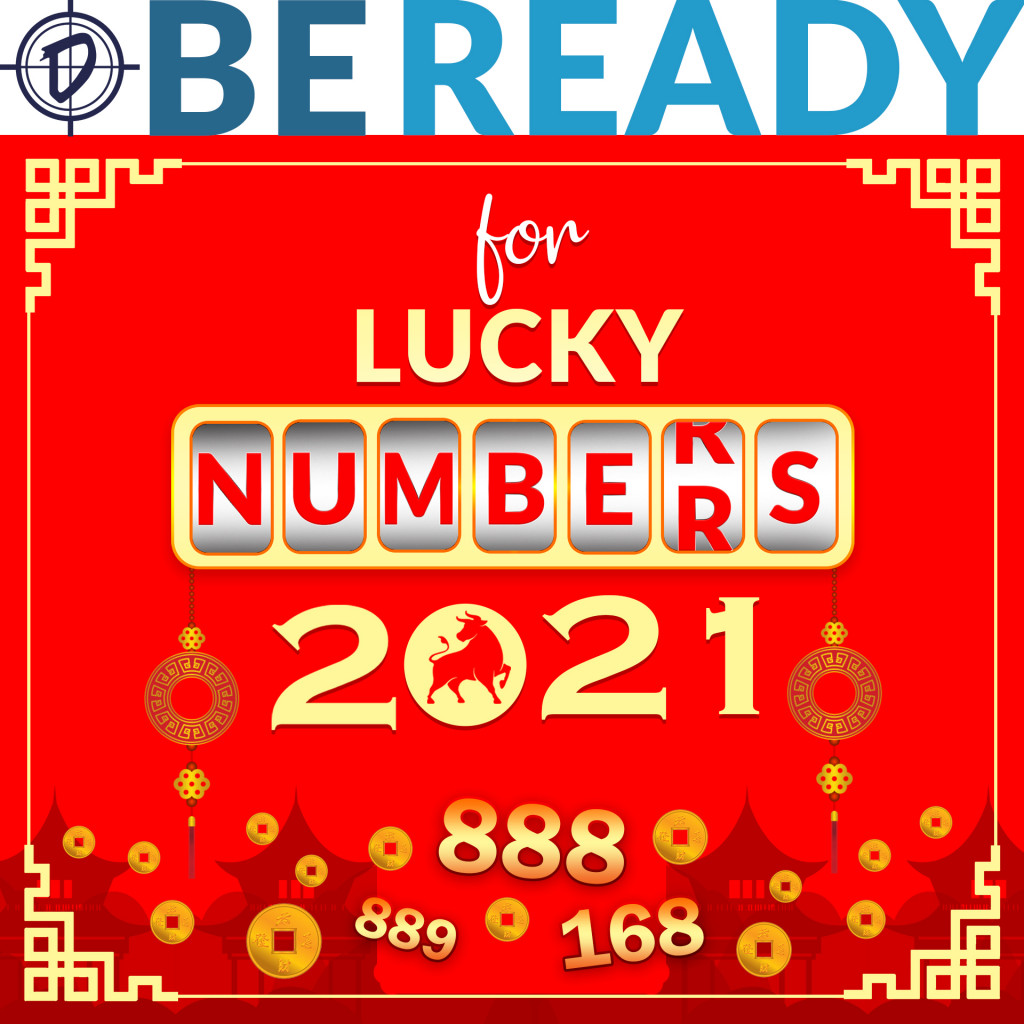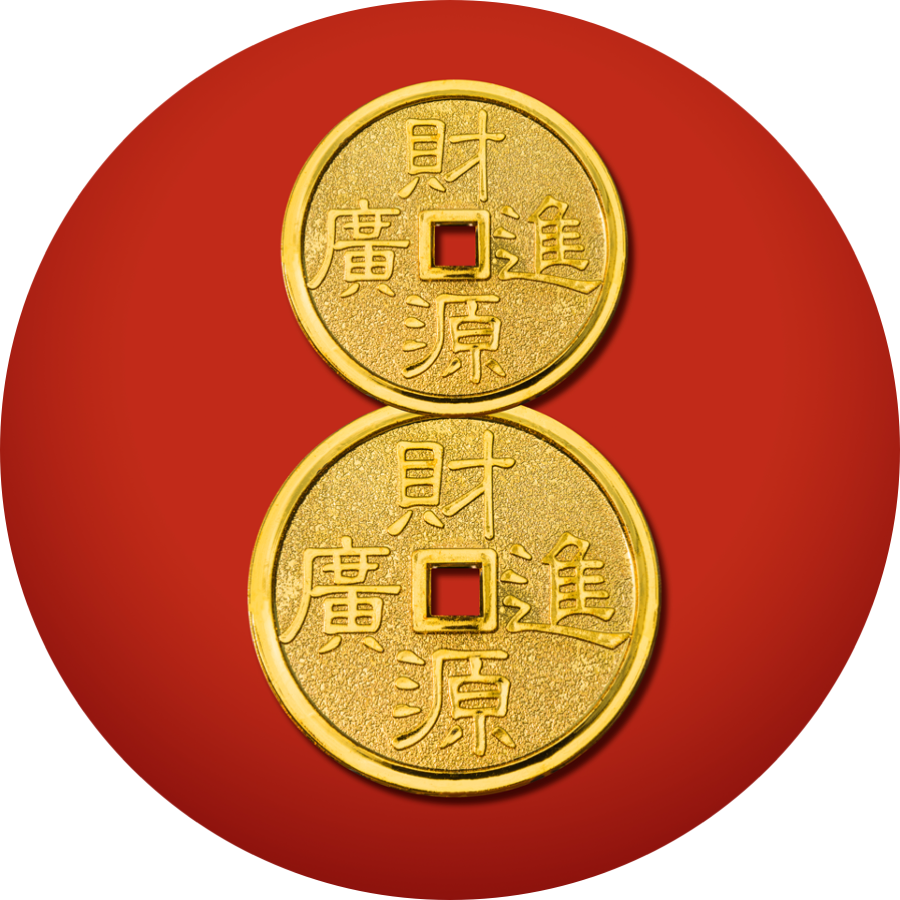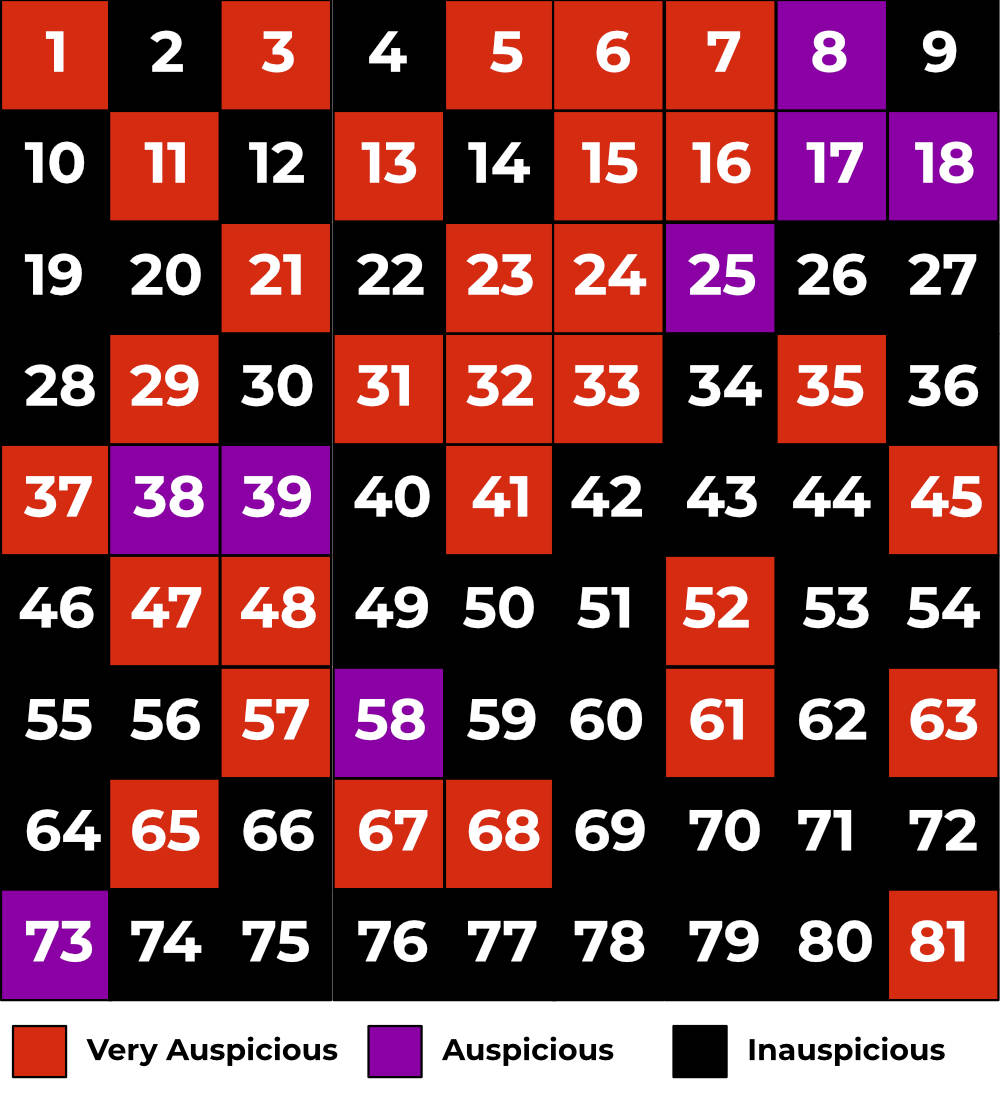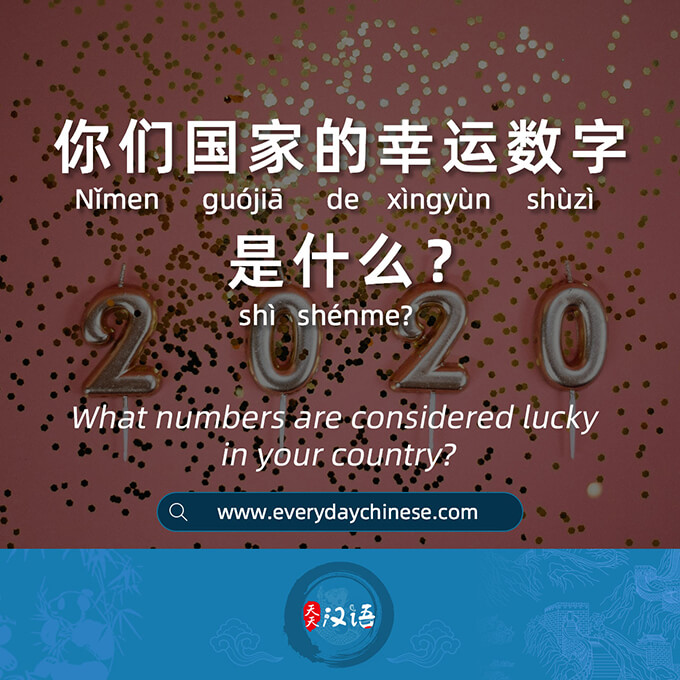
Be Ready for Lucky Numbers this Chinese New Year 2021 PBDionisioCo
Lucky Numbers and their hidden meanings according to Chinese numerology Image credit: Pixabay/Pexels Number 1. A symbol of strength, positivity and drive, the number one is definitely a lucky number in Chinese numerology. It represents the yang principle which stands for masculine energy.

Chinese Numerology Guide with Chinese Lucky Numbers 4, 8, 9, Slybu Numerology
In Feng Shui, all even numbers (2,4,6…) are counted as Ying and all uneven numbers (1,3,5,…) as Yang. Let's start to decipher the Chinese lucky numbers and unlucky numbers one by one now. One. In the Eastern or Chinese culture, the number one stands for loneliness and back luck, for authority. But one is also a symbolic number that.

Chinese pay attention to numbers when considering home purchases
The number 4 is also unlikely to appear on house/door numbers and car license plates. Whenever, possible, many people will also try hard to avoid choosing telephone numbers that contain the number 4. The number 4 is the most unlucky number in the realm of Chinese numerology, akin to the number 13 in Western countries.

Chinese Lucky Numbers 6 and 8 Nihaocafe
The unluckiest numbers are 4 (四) and 13 (十三). People in China pay attention to lucky numbers and Chinese lucky number combinations to influence important decisions such as purchasing vehicle registrations, property, phone numbers and even setting wedding dates. The top lucky number combinations in Chinese culture are 1314 (一三一四.

Chinese Numerology Guide with Chinese Lucky Numbers 4, 8, 9, Slybu Numerology, Chinese
Chinese Numerology: Number Symbolism in Chinese Culture. 1 means only, unity, whole. 2 means double, harmony. 3 means many, stability. 4 means death. 6 means smooth, good luck. 7 means holiness and mystery. 8 means wealth and success. 9 means longevity and eternality.

Chinese Numerology Guide with Chinese Lucky Numbers 4, 8, 9, Slybu Chinese numerology
Discovering Your Lucky Number through Chinese Numerology Start by jotting down your birth year on a piece of paper. Add the last two digits of the year. If you end up with a two-digit number, sum those digits again until you have a single digit. For instance, if your birth year is 1997, calculate 9 + 7 = 16, then 1 + 6 = 7.

Lucky Numbers in Chinese and meaning Ninenovel
The number eight is an extremely lucky number in Chinese numerology. It's the closest thing to the West's "lucky number 7". "八" sounds like "发" (fā), which means "wealth", "fortune", and "prosper" in Chinese. Multiples of eight are even better, as "88" resembles "囍" (shuāng xǐ), or "double.

Chinese Numerology Guide with Chinese Lucky Numbers 4, 8, 9, Slybu Chinese numerology
For example, if your birth year is 1989, you need to add the last two digits, in this case, 8+9 = 17. Further, one needs to reduce this number to a single digit, that is 1+7 = 8. Now, a male has to subtract this digit from 10 which is 10-8 = 2. A female has to add 5 to the number. In this case, 8+5 = 13, to be further reduced to a single digit.

How to Choose a Lucky Mobile Number in the Feng Shui Way?
Lucky Numbers in Chinese Culture. Number 8: The most auspicious and favored number. Chinese numerology reveres the number 8 as the luckiest number. Its profound significance originates from its phonetic resemblance to "prosperity" and "wealth" in Chinese, rendering it a greatly coveted aspect in numerous facets of Chinese society.

Lucky Numbers in China Everyday Chinese
8. The number 8 is a an extremely lucky number in Chinese numerology. It is the closest thing to the West's "lucky number 7.". It represents prosperity and completeness. The number 88 is.

Unknown facts of Chinese lucky number சீனர்களின் ராசியான எண் என்ன? Madras Kalaki YouTube
These are the lucky number for Chinese New Year, or specifically the quantity of cash Chinese usually put in the Red Envelope. It is a blessing from the elders to the younger generation, which hopes that they will have a smooth journey in life. Chinese Zodiac Lucky Numbers. Chinese Zodiac: Lucky Numbers: Rat: 2, 3: Ox: 1, 9: Tiger: 1, 3, 4: Rabbit:

Chinese Numerology Guide with Chinese Lucky Numbers 4, 8, 9, Slybu Chinese numerology
Chinese lucky number 8. The number eight (八 Bā) is the luckiest number in Chinese numerology and is associated with success, wealth, and abundance. It's so significant culturally that the.

LUCKY NUMBERS FOR 2023 BASED ON YOUR CHINESE ZODIAC ENGLISH YouTube
For example, if your birth year is 1989, you need to add the last two digits, in this case, 8+9 = 17. Further, one needs to reduce this number to a single digit, that is 1+7 = 8. Now, a male has to subtract this digit from 10 which is 10-8 = 2. A female has to add 5 to the number. In this case, 8+5 = 13, to be further reduced to a single digit.

How to Find Your Feng Shui Lucky Numbers LoveToKnow Feng shui, Feng shui numbers, Feng shui
Three - is a lucky number in Chinese culture as it sounds similar to the character of 'birth' (生 shēng). For a people's life, there are three most important stages: birth, marriage and death. You can see the number 3 is greatly used in Chinese culture, history and more: There are three gorges of Yangtze River; Three Sages and Three.

Most Lucky and Unlucky Numbers for Chinese People YouTube
Lucky Number 2. The number 2 is the number of the union of yin and yang energies. When these two opposite energies are balanced, harmony is achieved. The number 2 means a union that creates harmony or luck in love. The Chinese decorate for a wedding by pairing objects such as decorations, candles, pillows, rings, gifts, and other items.

Chinese Lucky Numbers
The number 8 is one of the general lucky numbers in China. It is considered a symbol of wealth and success. That is why many Chinese incorporate the number in their daily life. It is a highly favored number both in traditional and modern times. Those born in the year of the snake, rooster, and pig, especially enjoy the number 8 as their lucky.
- Australia Street Lyrics Sticky Fingers
- Weather Tomorrow Near Liverpool Nsw
- Little India Malaysia Kuala Lumpur
- 40th Birthday Present For Daughter
- The Wiggles Ready Steady Wiggle Series 4
- Houses For Sale Hobartville Nsw
- Pastel De Nata In Lisbon
- White Rabbit In Alice In Wonderland Costume
- What Does Ice Pop Prime Taste Like
- What Famous Landmarks Are In Spain